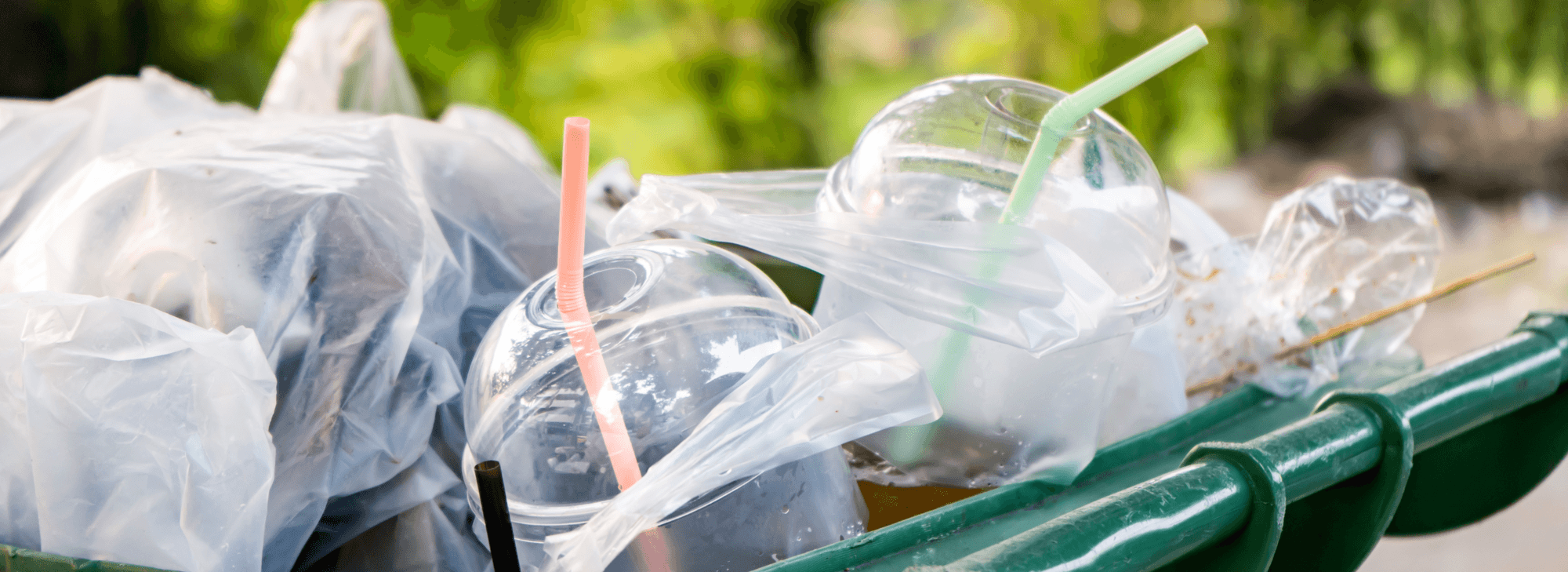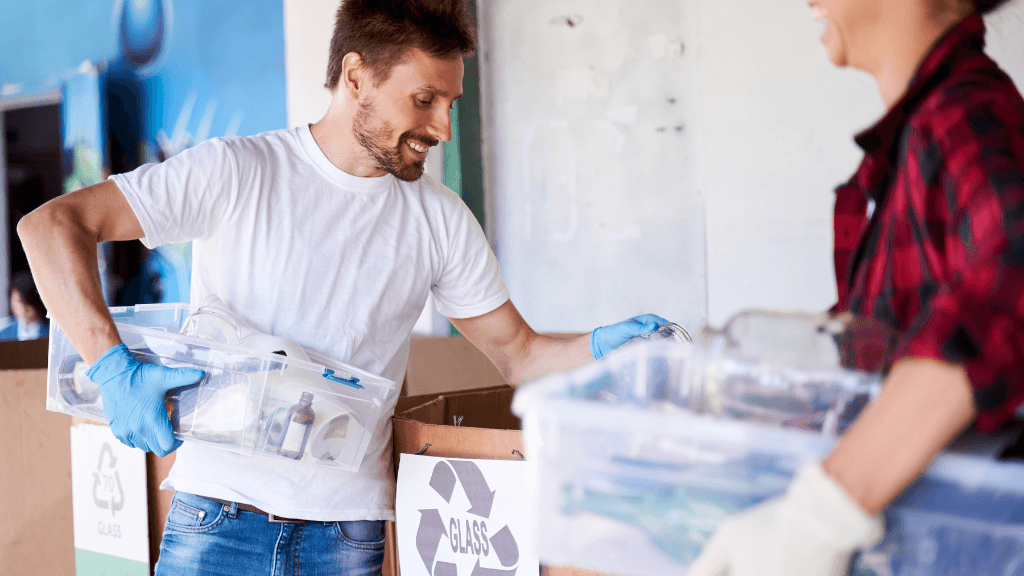On December 20, 2022 the Government of Canada introduced the new Single-use Plastics Prohibition Regulations (SUPPR), prohibiting the manufacture, import and sale of a short-list of “single-use” plastics. These bans are part of a multi-phase plan to assist in addressing pollution, reducing greenhouse gas emissions, and meeting the target of zero plastic waste by 2030.
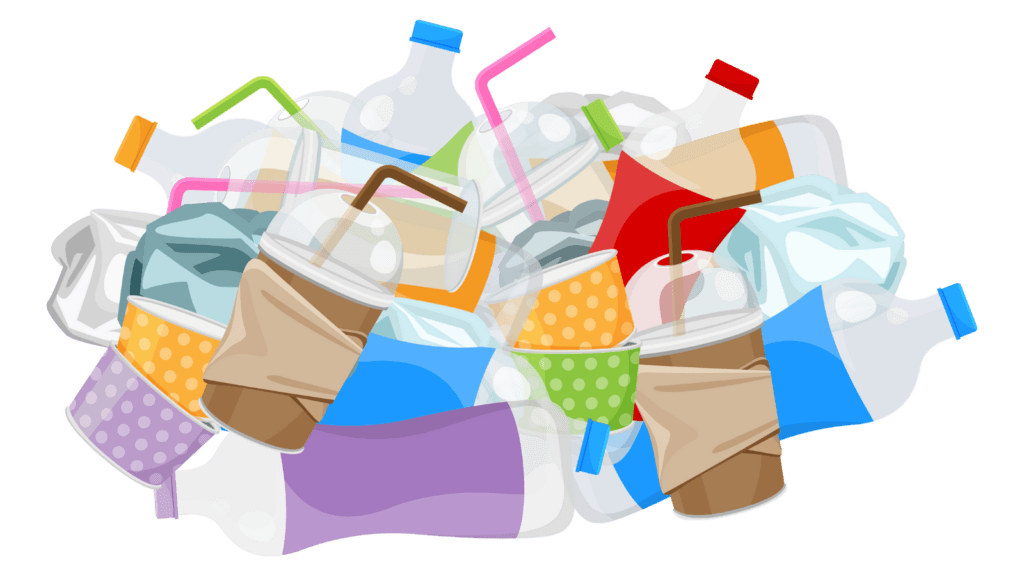
What plastic items are banned?
Plastics items included on the banned list are:
- Checkout bags.
- Cutlery: including knives, forks, spoons, sporks, and chopsticks.
- Foodservice ware: limited to clamshell containers, lidded containers, boxes, cups, plates, and bowls made of expanded or condensed polystyrene foam, polyvinyl chloride, carbon black and oxo-degradable plastic materials.
- Ring carriers: flexible plastic designed to carry multiple beverage containers together.
- Stir sticks.
- Straws: including straight and bendable drinking straws (some bendable straws are exempt, for accessibility purposes).
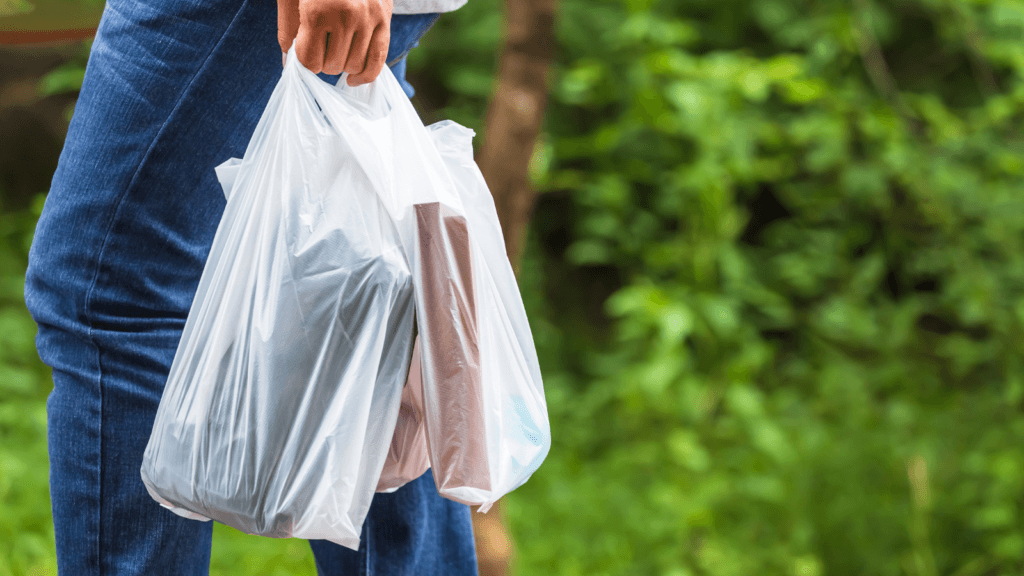
Why are they banned?
This ban comes as a result of an assessment on plastic pollution in Canada. It was determined that many of these single-use items are commonly being disposed of incorrectly, polluting local waterways, harming wildlife, and generating microplastics in the water used for consumption purposes. These items were chosen specifically because of the damage they cause to the natural environment, but also how readily available an alternative is. Take straws for example – there are both paper, and reusable metal and glass options available to the consumer.
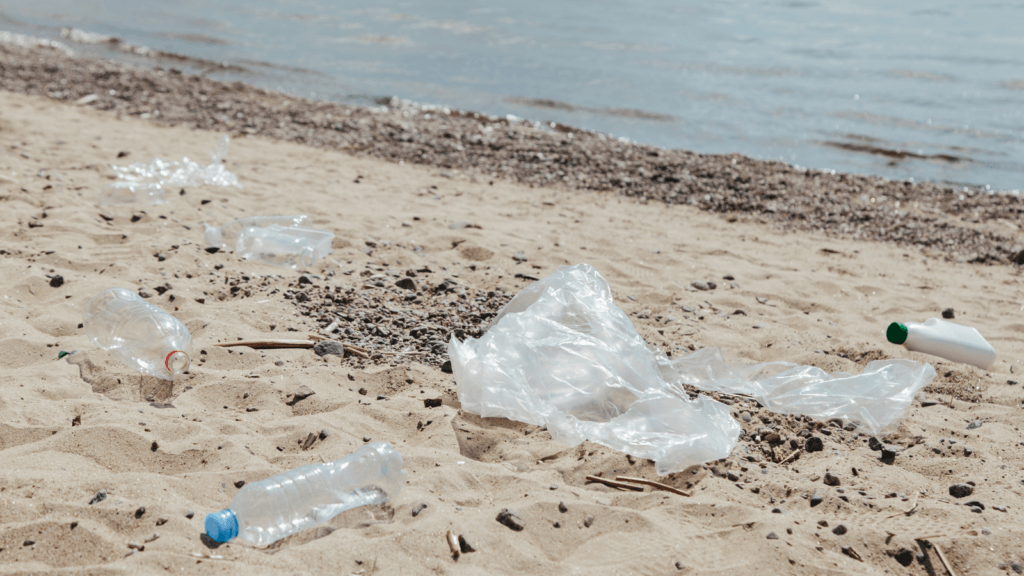
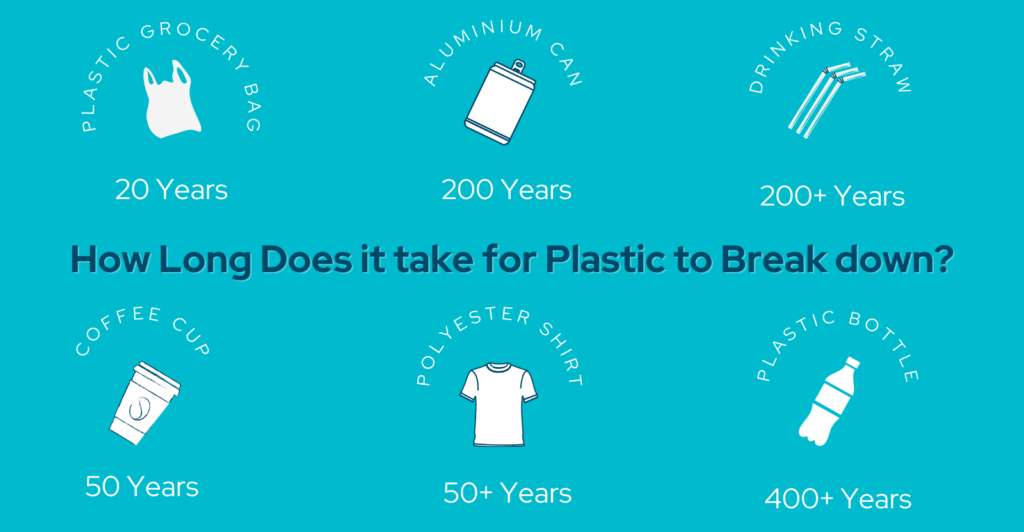
What is Canada’s plan for the manufacturing of single use plastic?
For the time being, we may still see these items around. Although manufacturing for sale within Canada has been put to a halt, producers are allowed to use up stock of any types of these materials they still have. By 2025, export of these items to other countries will no longer be allowed as well. The SUPPR is an excellent start to the overall reduction of plastic waste and pollution in Canada. According to Environment and Climate Change Canada the current bans of single-use plastics are projected to reduce Canada’s plastic waste by 1.3 million tonnes over the next ten years.
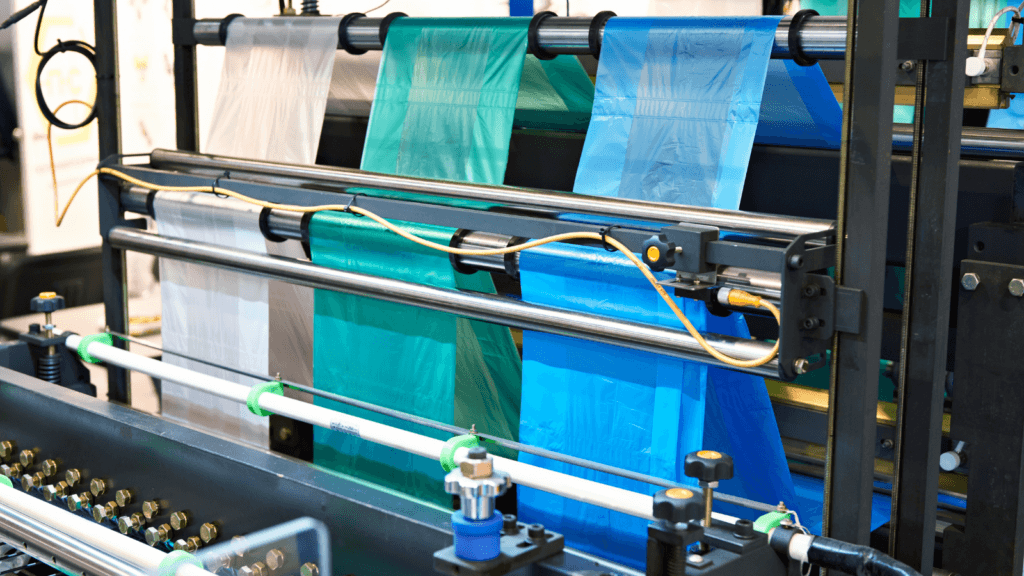
What is the solution?
The simple solution is to stop using single-use plastic items. As an example, prior to their invention in 1959, single use plastic bags were not used for shopping purposes at all. The intent at the time of their creation was that these bags were to be reused, but due to their convenience became a single-use item. That being said, this ban definitely comes with its own challenges and criticisms. It is going to take a considerable culture shift away from disposability and convenience to the use of reusable and durable alternatives, shifting away from the unnecessary creation of waste altogether. Currently, Canadians throw away over 4 million tonnes of plastic every year.
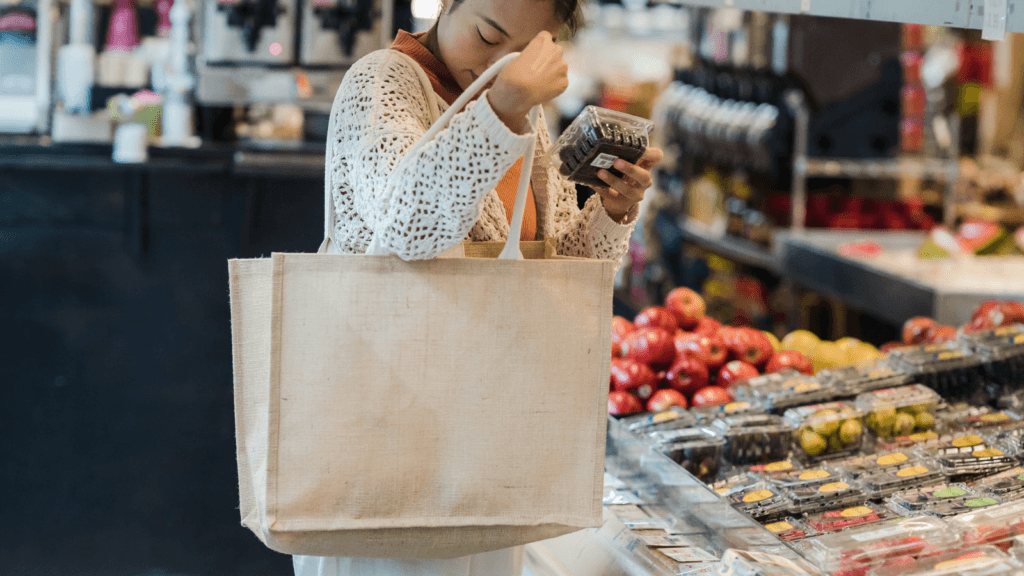
How can we help?
To bring that number down, alternatives to these single-use items need to be created and adopted without creating more durable waste from materials such as paper, metal, and glass. For those of use who do not necessarily use these items frequently, the ban will not have much of an impact. For those that do, like the restaurant industry, retailers, and beverage companies the ban requires significant changes in products used. Such companies may have to develop convenient and accessible ways to collect reusable containers for customer use that can then be cleaned and reused – for example a deposit program. Voluntary measures unfortunately will not be enough in this case. As fantastic and sustainable as it is to switch to the use of reusable items only, the government will more than likely have to set reuse targets for companies who contribute the most to single-use plastic pollution.
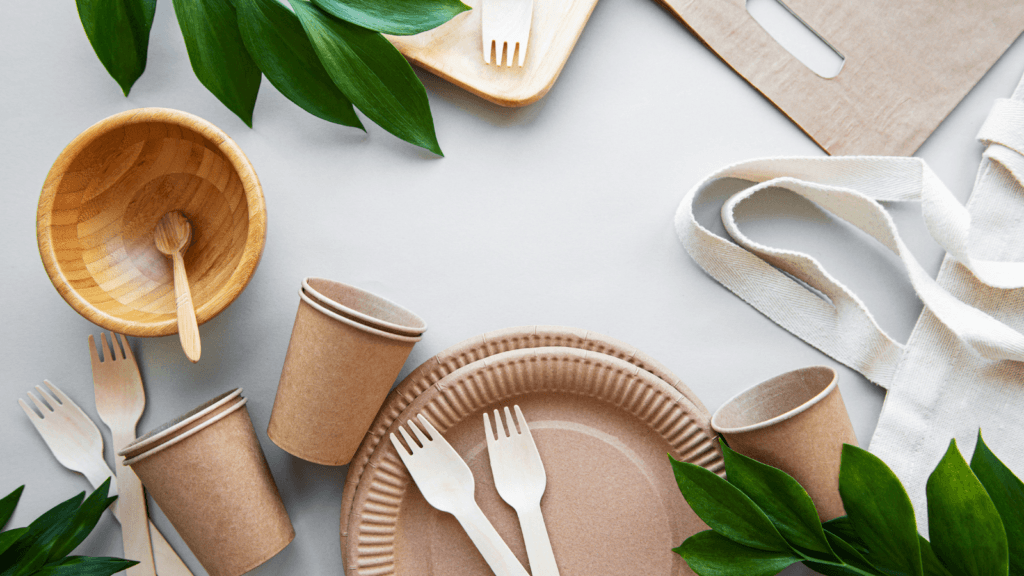
In Conclusion
What are the next steps? The Canadian government will have to continue to identify other harmful single use problematic plastics like beverage bottles and coffee cups, that are not always easily recyclable. What can you do to help? Start making the swap to reusable items in your day-to-day lifestyle. Take action by sending a letter to our Environment Minister Steven Guilbeault or your local member of parliament to call for expanding the bans and support of reuse!
We encourage you to get involved and learn more.
